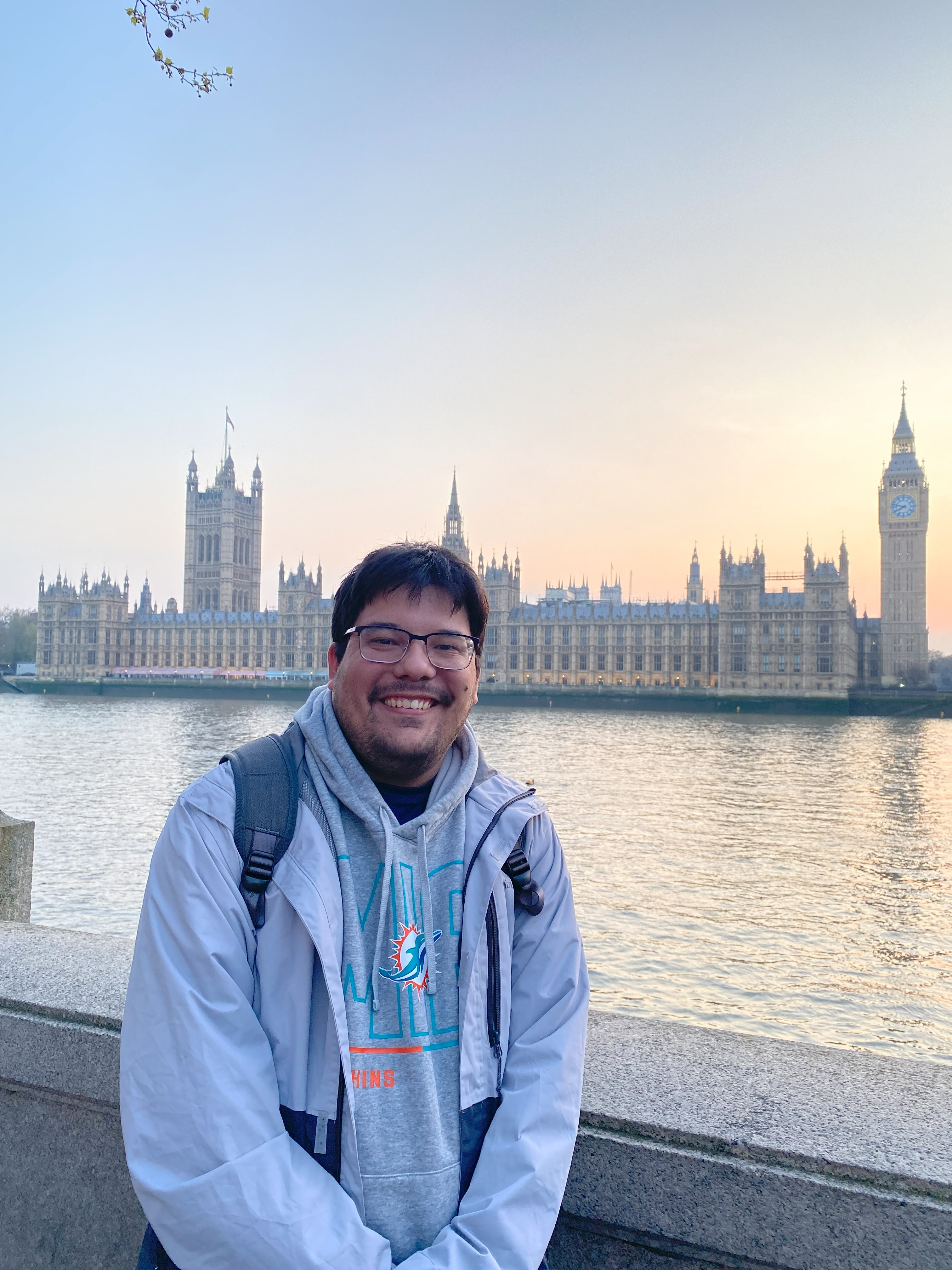Georgia prisoner denied clemency; execution set for Wednesday

Georgia’s Board of Pardons and Paroles on Tuesday declined to grant clemency to Willie James Pye, who is now scheduled for execution at 7 p.m. Wednesday.
“The Board received testimony including from Pye’s representatives,” the board said in a statement Tuesday evening. “The board members reviewed the parole case file on Pye prior to today’s meeting and the Board also thoroughly reviewed the application requesting clemency filed by Pye’s representatives.”
Attorneys for Pye, 59, filed a series of legal filings in both state and federal courts. The Eleventh Circuit Court of Appeals denied a stay in the execution on Tuesday.
Pye was sentenced to death for shooting, raping and killing Alicia Lynn Yarbrough, with whom he had a sporadic romantic relationship, in November 1993 in Spalding County. He was indicted on charges of malice murder, felony murder, kidnapping with bodily injury, armed robbery, burglary, rape and aggravated sodomy on Feb. 7, 1994. Trial began on May 28, 1996.
Three of the nine jurors who sentenced Pye to death wrote letters asking the parole board to spare his life.
“I want the board to know I do not want Mr. Pye to be executed,” one woman wrote. “I would like Mr. Pye to live out the rest of his life in prison.”
Clemency hearings are closed to the public.

Pye’s former attorney, Jill Benton, who now works at the University of Georgia, was there for the presentation, along with other attorneys for the Federal Defender Program and members of Pye’s family.
After his conviction, Pye unsuccessfully appealed his death sentence multiple times in state and federal court. His request to have the U.S. Supreme Court hear his case was denied in October.
In arguing for clemency, Pye’s attorneys said he is intellectually disabled and was represented at trial by a “racist, overworked public defender” who “shrugged off any meaningful investment in the case.”
At the time, the Spalding County public defender, who has since died, also represented “thousands of other people,” including four other capital defendants, filings allege. Pye’s current attorneys contend the trial lawyer spent only 150 hours preparing for trial and failed to bring up details about Pye’s troubled upbringing during the sentencing phase.
Pye’s execution will be the first in Georgia in more than four years following an agreement between the state Attorney General’s Office and attorneys representing those on death row that effectively halted lethal injections during the pandemic.
Pye will be the 54th inmate put to death by lethal injection in Georgia and the first since Donnie Lance was executed on Jan. 29, 2020, a day after the board denied his clemency. There are 36 men and one woman on death row in Georgia.

The Georgia Department of Corrections said that for his last meal, Pye requested two chicken sandwiches, two cheeseburgers, french fries, two bags of plain potato chips and two lemon-lime sodas.
This was the fifth death sentence clemency hearing the board has held since October 2019. Only one prisoner, Jimmy Fletcher Meders, had his death sentence commuted to life without parole since then.
Since 1976, the State Board of Pardons and Paroles has held clemency hearings for 94 death row inmates. The board has only granted clemency 12 times, commuting those sentences to life without parole.
Most of those who were denied clemency were executed the day after, while other executions were delayed due to court orders. Some death row inmates got more than one clemency hearing.
In a past interview with The Atlanta Journal-Constitution, parole board chairman Terry Barnard said members spend weeks ahead of death penalty clemency hearings looking at case files, inmate files and materials submitted to the board.
In the interview, Barnard said if board members believe the inmate is guilty, then they weigh whether the inmate has redeemed himself or herself of the crime, which is a difficult standard to reach given the nature of death penalty cases.
Pye’s clemency application contained letters from several close family members, including Pye’s siblings and nieces.
“I’ve seen the way other inmates greet him with a smile, constantly introduce their visitors to him, and share with me how Uncle Will keeps them laughing and has been a source of hope and inspiration,” his niece wrote.
After hearing from witnesses, board members deliberated and cast secret ballots.
A unanimous decision is not needed, only a majority.


